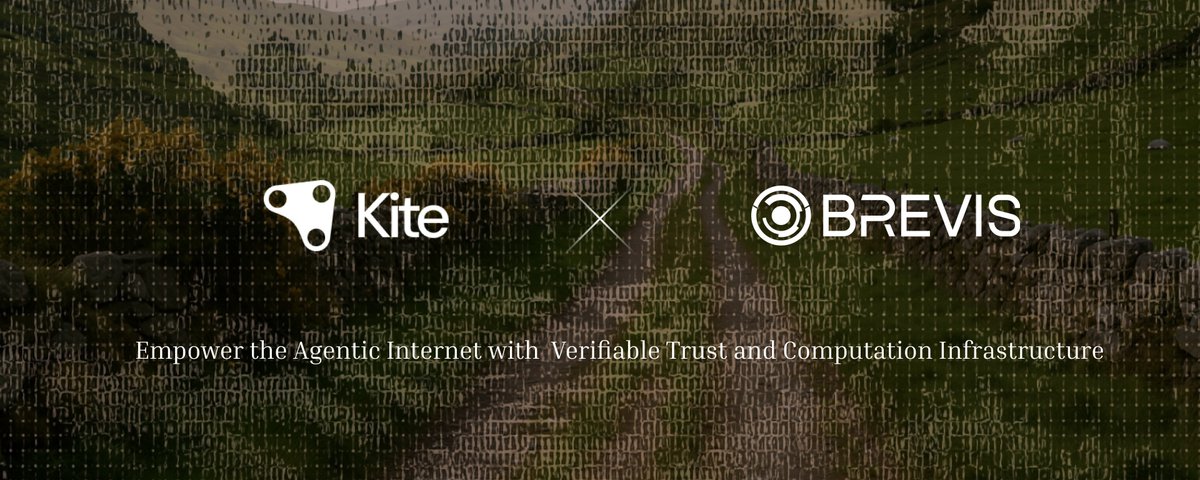When zero-knowledge proofs meet AI-native payments, we're ushering in not only a spark of technological fusion but also a revolution in the nature of trust.
As AI agents are poised to enter the real world on a large scale, we face a core paradox: how can autonomous AI maintain freedom of action while allowing humans to reliably hand over control? @GoKiteAI's AIR identity resolution provides the first half of the answer—equipping each AI agent with a unique "digital ID," while @brevis_zk's ZK coprocessor solves the second half—making all computations verifiable while maintaining privacy.
This isn't just a technological overlay; it creates a new trust paradigm. Imagine a future e-commerce scenario: an AI purchasing agent can autonomously complete the entire process of comparing prices, placing orders, and making payments. Without exposing trade secrets, you can verify through ZK proofs that it's executing the optimal strategy. In the DeFi space, AI traders' operations are no longer black boxes; they make verifiable, transparent decisions.
Even more profoundly, this architecture has the potential to redefine the boundaries of human-machine collaboration. When every important AI decision is accompanied by verifiable proof, the threshold for human trust in autonomous systems will be significantly lowered. This not only improves efficiency but also represents a silent revolution in production relations—the agency economy now has a solid foundation of trust.
As Hayek said, "Business is the greatest creator of trust." Now, the combination of zero-knowledge proofs and AI payments is digitizing, automating, and verifying this trust. This may be the most promising path yet for the integration of blockchain and AI—not allowing AI to speculate on cryptocurrencies, but building the trust infrastructure that the AI economy deserves.
The future is here, but it's not yet evenly distributed. This time, the distribution will be redefined by verifiable trust.
#KaitoYap @KaitoAI #Yap


